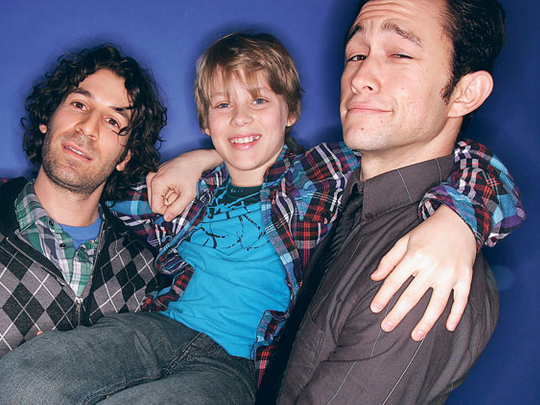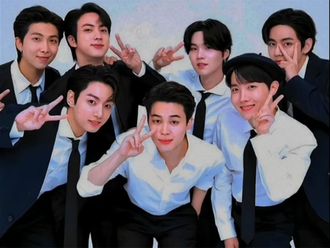
Joseph Gordon-Levitt may not be a household name, yet. But it's not because he is a newcomer to Hollywood, movies or television.
Acting in commercials since he was a baby and making his way onto TV comedy 3rd Rock from the Sun as a teenager, he has been one of the few young actors to successfully navigate the transition from child star to adult actor.
He did so by starring in wide-ranging art house fare such as Mysterious Skin and Brick. His low-budget hit romance (500) Days of Summer, which played at Sundance last year, preceded Hollywood adventure G.I. Joe: The Rise of Cobra.
Gordon-Levitt, 28, is back at Sundance 2010 in the drama Hesher, a meditation on grief. He talked about the film and his career.
Your website says "old media" refers to you as Joseph, but really you're just "regular Joe." Can we call you, "Joe"?
Please do! (laughs)
Well, is that an issue for you, being identified with that sort of lofty, actor-ish "Joseph" vs just being "Joe"?
It's true the traditional portrayal of an actor is one where there's this sort of barrier put up, like, look at these special, famous people. I never identified with that. I always thought it was kind of weird, even when I was a kid.
Let's get to Hesher. It's a dark drama. You play an angry, anarchistic young man who meets a grieving family and shakes them up. Why this role?
I just love acting. I really do, and I read the script and thought this will be a cool challenge. I've never done anything like this before, and that's why I wake up in the morning — to challenge myself in what I do.
Challenge, because he's such an angry, violent guy?
See, that's funny, because I think he's a sweetheart.
Under his exterior, yes. Isn't that often true?
Yeah, that's interesting. Actually, he just doesn't care what you think. He blows some stuff up, but I don't think it's out of anger. He just gets a kick out of it. He actually spends more time being happy than most. A lot of stuff that stresses us out, he could care less... and he meets this family that he gradually grows to care about.
Sundance seems a good place to debut it.
It's a classic Sundance movie, made without big money. Sundance gives a movie that doesn't fit into a normal formula an avenue to be seen by people. And the truth is, movies that don't fit into formulas, soon make the formulas. They are the ones that have a human spark to them.
So much of what you seem to be about is art, so then I wonder, why G.I. Joe, this big, Hollywood action flick?
Yeah. I get it — the make-up and costume and character. So, the decision process went like this. They asked me if I wanted the role, and I said ‘no'. But then they said, ‘Just meet the producer [Lorenzo di Bonaventura],' and he started showing me the concept of the character. And it sounded like a lot of fun.
I had second thoughts: ‘Do I want to do this big, corporate movie,' but then I said to myself, ‘those aren't good reasons not to do something that sounds like a fun, creative challenge'. Will there be [naysayers]? Yeah, but I can't listen to them.
So, it's a big hit at global box offices, and (500) Days gets you award nominations. Are you becoming famous?
What's cool is that more and more people are seeing the work I do, and that means a lot to me. When somebody comes up to me and says, ‘Hey you're famous' that doesn't mean anything to me. When they say, ‘Hey I saw (500) Days or Hesher or even G.I. Joe, and I loved it. I had so much fun or it made me cry or it connected with me.' Well, that means the world to me. That's why you're in it, for the connection.












